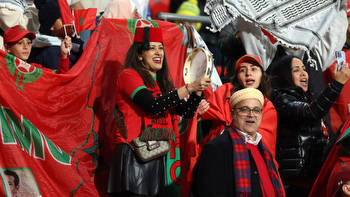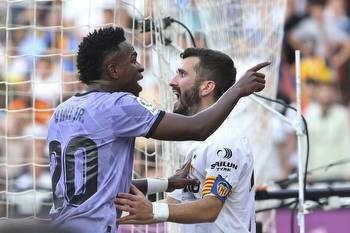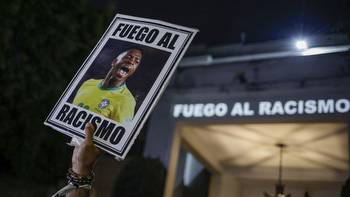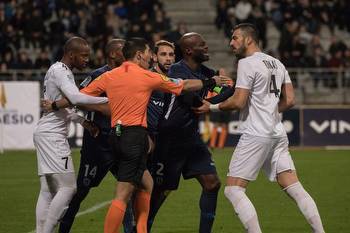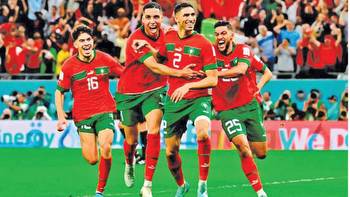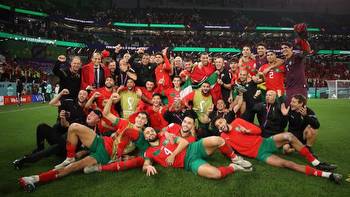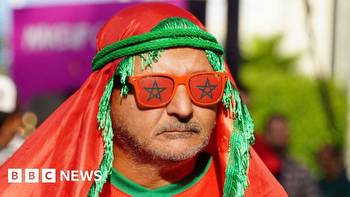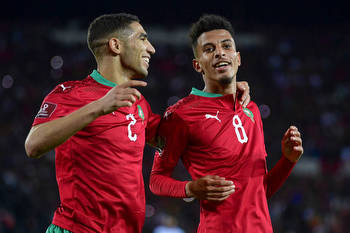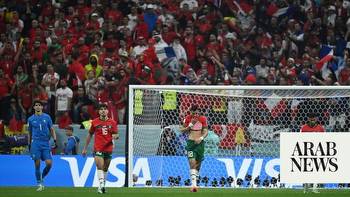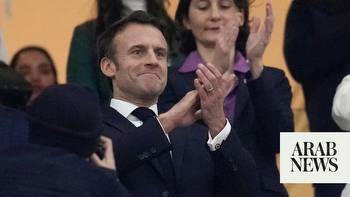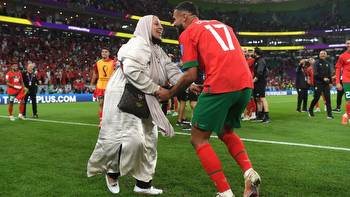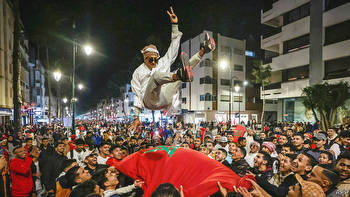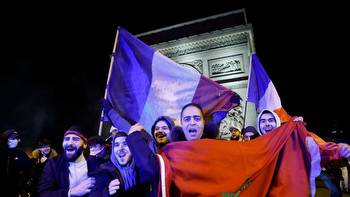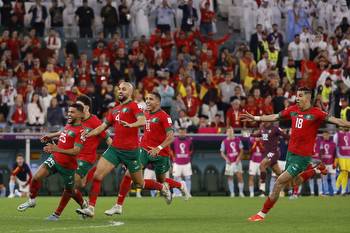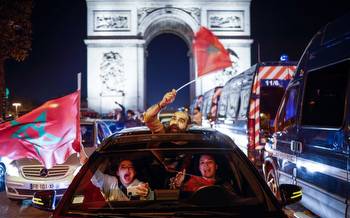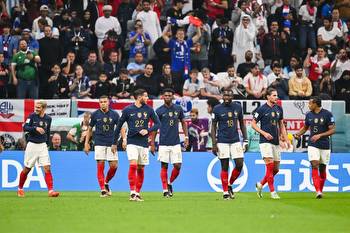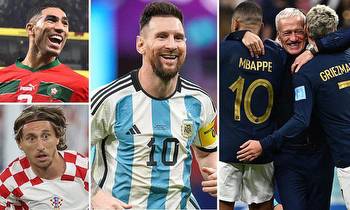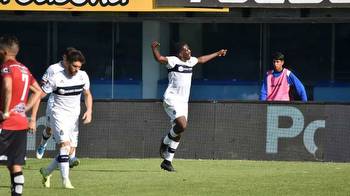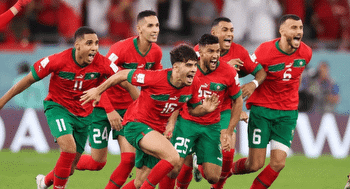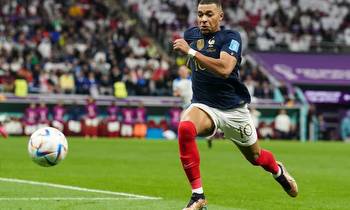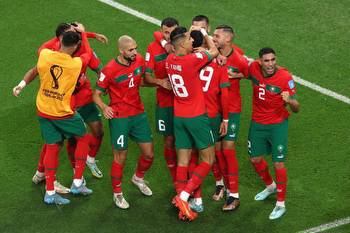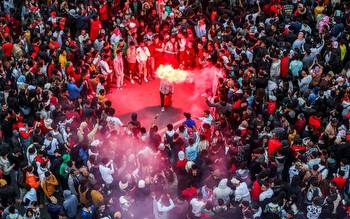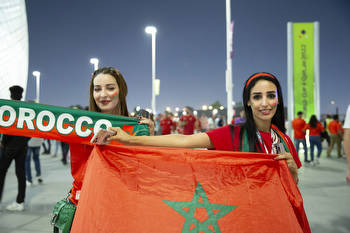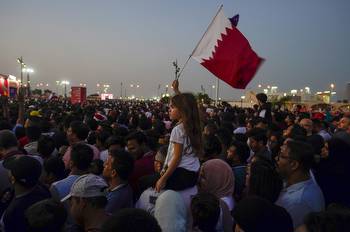France vs Morocco: Beauty on the field, but ugliness from the right-wing politics in Europe
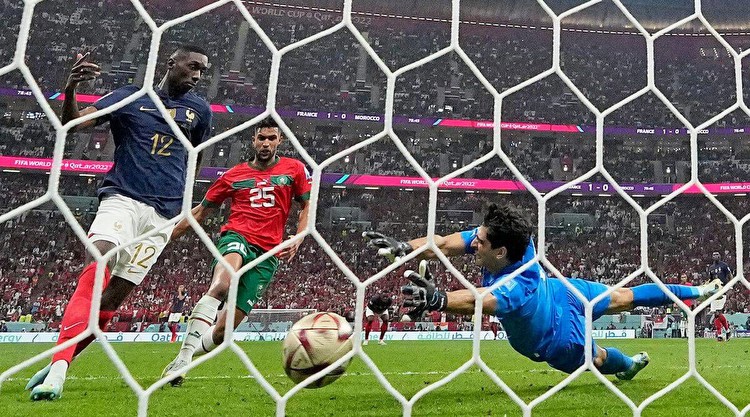
In a World Cup beset by controversy, the Saturday night game between the national football teams of England and France hardly seemed likely to stoke political passions, beyond perhaps the odd Brexit-related jibe. But a result earlier in the day had changed everything: Morocco, an underdog team that had stunned the tournament by slaying one giant after another, continued their rampant campaign by defeating Portugal, ensuring they would play either England or France in the next round. By beating England, France confirmed a French-Moroccan semi-final clash.
France’s elation from its victory over England had hardly settled before its politicians rushed to offer up their own wisdom on the upcoming Morocco match. For Jordan Bardella, head of the right-wing, nativist National Rally, the game was not an opportunity to enjoy a fascinating footballing encounter, but instead, a chance to lambast French immigration policy and stoke fears about Moroccan supporters starting riots. Éric Zemmour, the openly racist failed presidential candidate, returned to his favourite identitarian tropes, suggesting that French-Moroccans’ allegiance was in the wrong place and that the French team had too many non-white players. Stale talking points circulated in the media for days, less focused on the football than on the imminent havoc that Moroccan supporters would wreak in French cities.
The most interesting aspect of this dreary tale is that all these would-be Cassandras’ warnings were not only tired and racist, but also very wrong. Isolated incidents involving Moroccan fans flared up in a few places in France and Belgium after the match, but by far the greater danger emanated from the foot soldiers of the very same right-wing extremists who were so confident of Moroccan marauding. In Paris alone, police arrested some 40 suspected members of a far-right group who were hoping to cause bedlam in the city centre. Similar arrests took place in Lyon, Nice, and other major cities. In Montpellier, a car flying a French flag was seemingly driven at crowds of football supporters, killing a 14-year-old Morocco fan.
Local leaders in cities affected by hooligan violence blamed far-right extremists, not Moroccans, for the chaos they saw on their streets. The Green Party’s Marine Tondelier quipped that the politicians who had warned of violent thugs sparking riots seemed to have been describing their own supporters.
Here in Europe – not to mention much of the rest of the world – watching football and supporting a team is a core part of national culture, a pastime steeped in local identity and largely transcending social divides. It is also a canvas onto which generations have projected their collective hopes and anxieties; the words and actions of footballers and teams, on and off the pitch, take on intensely political hues. The furore surrounding the ethics of hosting the World Cup in Qatar, a repressive petrostate, is only the most prominent of recent controversies; think of Zemmour’s comments about the multiracial French team, or the comments of the right-wing British politician Nigel Farage, who criticised the England team for kneeling before games to express solidarity with Black Lives Matter, claiming that the gesture supported a movement dedicated to the downfall of Western civilisation.
If football culture is a mirror of the national consciousness, politics can never be too far from the pitch. In Italy, where a party with neo-Fascist roots was elected this year to lead the government, an ambivalent approach to the country’s fascist past has frequently found ugly expression on the football pitch. Racist and anti-Semitic fan associations have plagued its top division; one acclaimed player, Paolo Di Canio, openly called himself a Fascist and gave right-armed salutes to stadium crowds. Cohorts of extremist fans in Serbia have used the game as a platform for racist ideologies, and English teams, wary of their long struggles with hooliganism, have enacted strict rules banning racist fans from games.
I am writing here about Europe, but none of this is unfamiliar to Indians. The Indian cricket team has been resolute in its support of its Muslim players and the vast majority of fans have shown impeccable sportsmanship, but the Islamophobic poison that engulfs social media and the airwaves when India loses a match to Pakistan is clear for all to see. Sport, with the emotional grip that it has on a nation, is uniquely vulnerable to capture by bigots and opportunists, be they the European far-right or India’s state-backed Hindutva trolls. It is the job of people in the public eye – sports officials, politicians, and celebrities – to define and defend the values of their sport. Failing to do so cedes space to extremists who seek to defile it.
Amid all the noise, we must remember one thing. Despite the best efforts of many toxic commentators, the rubbish spouted before and after the France-Morocco match did little to diminish the game itself, which was a treat. The world’s attention was on the football as the Moroccan side, the World Cup’s first-ever African semi-finalists, put on a valiant show that secured a legacy that will last far beyond their defeat on the night. The virulence of sideshow barkers is quickly forgotten.
The writer is a researcher and policy scholar

